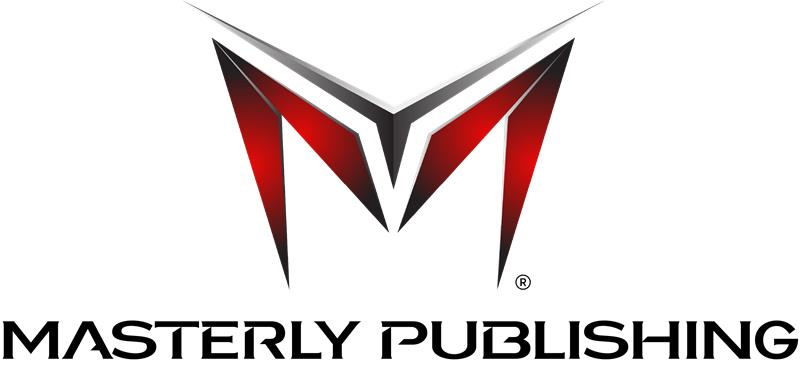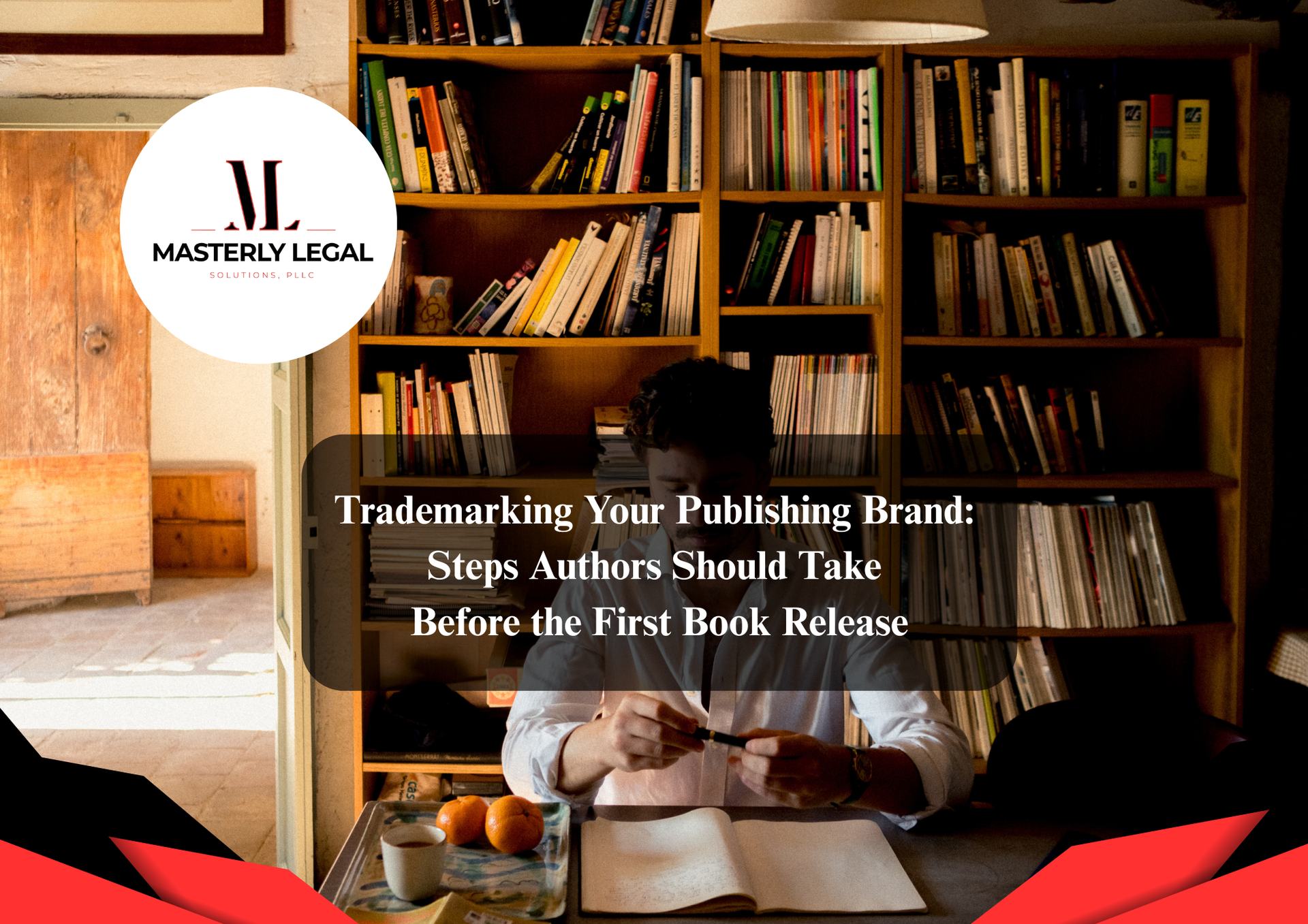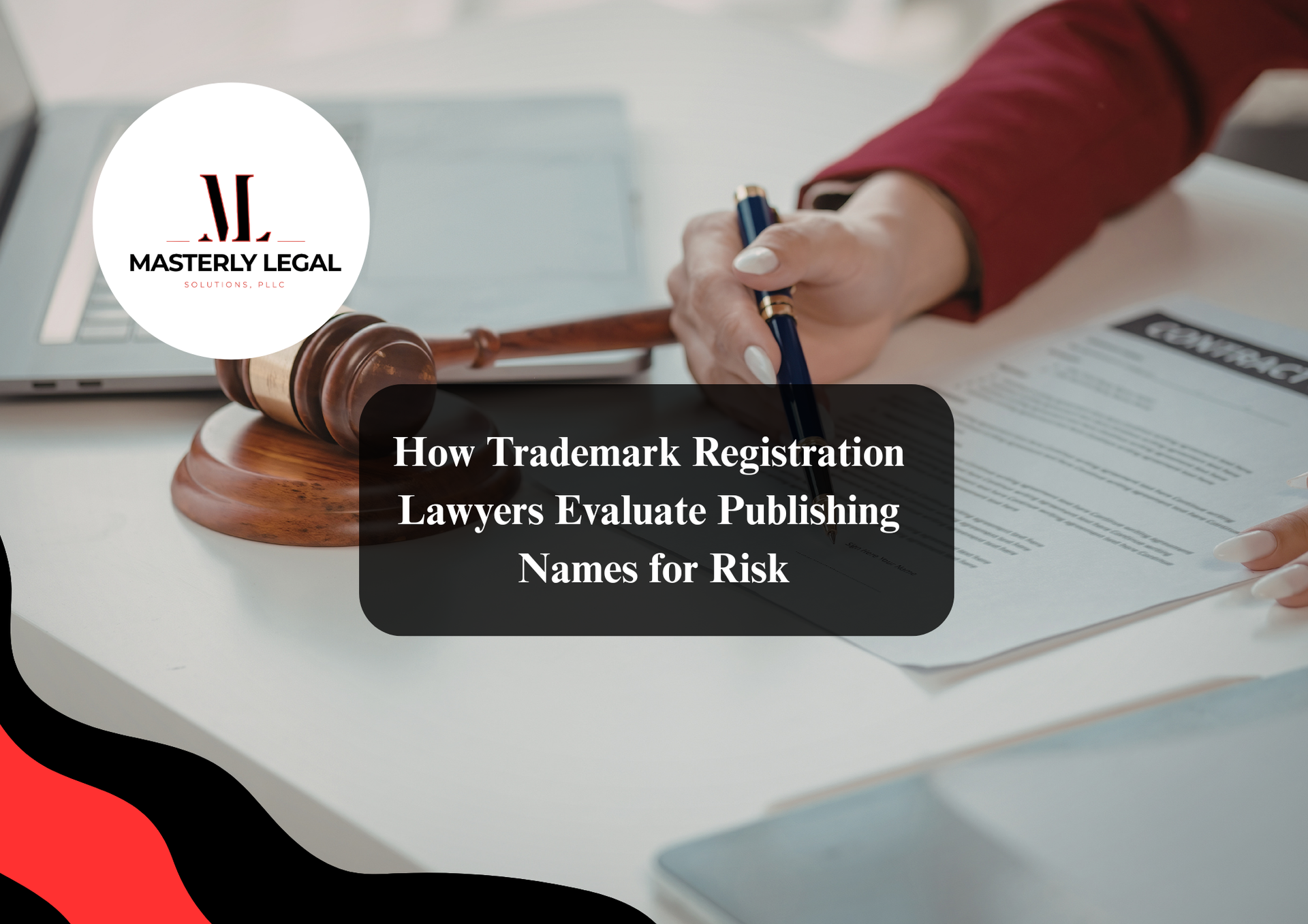Building Your Author Brand: Essential Marketing Tips for Self-Published Authors
The self-publishing industry has made it easier than ever for independent authors to release their work. Unlike traditional publishing, where a traditional publisher handles branding and marketing, self-published authors must take charge of their own promotion. Developing a strong author brand helps attract more readers, increase book sales, and establish credibility in the competitive publishing world.
Your author brand is how you present yourself and your books to your audience. It includes your book cover design, website, social media presence, and overall messaging. Whether you're publishing print books, ebooks, or children’s books, branding is key to ensuring your self-published book stands out.
Step 1: Defining Your Author Identity
Before you begin the self-publishing journey, define your author identity. Ask yourself:
- What genre do you write? (e.g., trade books, photo books, fiction, non-fiction)
- What themes or values do you emphasize in your work?
- Who is your target audience?
- How do you want to be perceived in the publishing industry?
Your branding should reflect your writing style and audience expectations. This identity will guide everything from your book title to your cover design and marketing materials.
Step 2: Creating an Eye-Catching Book Cover
One of the most important elements of an author's brand is the book cover. An eye-catching cover will make readers stop and take a closer look. Unlike traditional publishing, where authors have little say in their cover, self publishers have complete control over their book cover design.
Key Factors in Professional Cover Design:
- Creative direction: The cover should reflect your publishing goals and the theme of your book.
- Professional cover design: A polished, industry-standard design makes your book look credible.
- Cover file: Ensure the cover file is formatted correctly for various publishing platforms.
- Back cover: If publishing in print, the back cover should include a compelling blurb and author bio.
- Ebook cover: A strong ebook cover ensures visibility on digital marketplaces.
A well-designed cover can mean more money in book sales, as readers often judge a book by its cover. Investing in professional cover design is a must for serious indie authors.
Step 3: Developing a Marketing Strategy
Your marketing strategy should align with your overall brand and target audience. Unlike traditional publishing, where marketing is often handled by publishing companies, self-published authors must create their own promotional plan.
Marketing Essentials for Self-Published Books:
- Own website: Having an own website builds credibility and serves as a hub for book sales.
- Multiple platforms: Publish on many self-publishing platforms to reach a global audience.
- Amazon sales: Optimize your book for Amazon sales with keywords and targeted ads.
- Online retailers: Ensure availability through major retailers like Barnes & Noble, Kobo, and Apple Books.
- Reader reviews: Encourage reader reviews to build trust and boost rankings.
- Social media: Engage with your audience on platforms like Twitter, Instagram, and Facebook.
- Book distribution: Use various distribution channels to maximize reach.
With just a few clicks, your book can be available worldwide, but without a solid strategy, it may struggle to find more readers.
Step 4: Optimizing Your Book’s Formatting and Editing
The publishing process doesn’t end with writing. Proper book formatting and book editing are critical to success. Most self-publishing companies require properly formatted manuscripts to ensure quality reading experiences.
Key Formatting and Editing Steps:
- Book formatting: Ensure correct fonts, margins, and spacing for print and ebooks.
- Editing process: Hire professionals for copy editing and professional editing.
- Own ISBN: Having your own ISBN allows you to maintain control over distribution.
- Ebook conversion: Proper ebook conversion ensures compatibility across devices.
- Print on demand: Services like KDP and IngramSpark allow you to offer print on demand editions.
Skipping these steps can result in formatting errors, negative reviews, and lost sales.
Step 5: Leveraging Multiple Publishing Platforms
One of the biggest advantages of self-publishing is the ability to distribute your book across multiple platforms. Unlike traditional publishing, where a traditional publisher controls distribution, self-published authors can choose how and where to sell their books.
Popular Publishing Platforms:
- Amazon Kindle Direct Publishing (KDP)
- Apple Books
- Barnes & Noble Press
- IngramSpark
- Smashwords
- Draft2Digital
Using many self-publishing platforms increases your book’s visibility and accessibility. Whether you’re selling ebooks, print books, or audiobooks, selecting the right publishing platform is essential for reaching your audience.
Step 6: Scaling Your Author Business
Once your first book is successful, it’s time to expand. Consider launching a new edition, writing sequels, or diversifying your content with audiobooks and special editions like hardcover or photo books.
Ways to Expand Your Publishing Business:
- Republish with a new edition to refresh sales.
- Offer both paperback and hardcover versions for variety.
- Sell directly through your own website to maximize profits.
- Develop a strong sales strategy to increase your earnings.
- Work with editors to refine your publishing process and maintain quality.
Building a sustainable author brand requires ongoing effort, but the rewards—more money, creative freedom, and control—are worth it.

Choosing the Right Path: Self-Publishing vs. Publishing Companies
For aspiring authors, deciding between self-publishers and traditional publishing companies can significantly impact their career trajectory. While publishing companies offer editorial, marketing, and distribution support, they often require authors to surrender creative control and a portion of their royalties. On the other hand, self-publishing empowers writers to retain full rights to their work, set their pricing, and market their books directly to readers. With modern digital tools, publishing a book takes just a few clicks, making it easier than ever for authors to bring their stories to life without waiting on traditional gatekeepers.
Building Your Author Brand: Essential Marketing Tips for Self-Published Authors
Mastering the Publishing Process: A Guide for Self-Published Authors
Navigating the publishing process as a self-published author requires careful planning and strategic marketing. Unlike traditional publishing, self-publishing gives authors complete creative control over their work, but it also demands a proactive approach to branding and promotion. From crafting a compelling author website to leveraging social media, building an engaged readership is crucial for success. Additionally, offering multiple formats—such as print books and e-books—can expand your reach and cater to different reader preferences. Whether you are launching your first self-published book or refining your marketing strategies, developing a strong author brand is essential to standing out in a competitive market.
Expanding Your Reach with Ebooks in Self-Publishing
For indie authors, ebooks offer a powerful way to reach a global audience without the costs of printing and distribution. Many self-publishing companies and publishing platforms provide seamless tools for formatting and distributing ebooks, making it easier than ever to self-publish a book. Unlike print books, ebooks can be updated, rebranded, and marketed more flexibly. Pairing ebooks with print-on-demand services ensures that readers have multiple format options, increasing sales potential. Whether you're new to self-publishing or refining your strategy, leveraging ebooks is a key component of a successful author brand.
How to Publish Your Own Book and Reach a Wider Audience
If you’re looking to publish your own book, self-publishing offers the flexibility and control that many authors desire. Unlike traditional publishing companies, self-publishing allows you to retain full rights and manage your own marketing strategy. Start with professional book editing to ensure a polished final product, then select a compelling book title that captures attention. Many indie authors utilize publishing platforms with print-on-demand services to distribute both digital and print books efficiently. With the right tools, publishing your book is easier than ever.

How Do You Self-Publish a Book? A Beginner’s Guide
If you’re asking, "How do you self-publish a book?", the process is simpler than ever with modern self-publishing companies and digital publishing platforms. Start by refining your manuscript with professional book editing to ensure it meets industry standards. Next, choose a captivating book title that attracts readers and fits your genre. Many indie authors use print-on-demand services to offer both digital and print books, eliminating the need for costly bulk printing. With the right approach, you can successfully self-publish and market your book to a wide audience.
How to Publish Your Own Book: A Step-by-Step Guide for Indie Authors
If you’re wondering how to publish your own book, the process has never been more accessible thanks to modern self-publishing companies and publishing platforms. Start by finalizing your manuscript with thorough book editing to ensure quality and professionalism. Next, choose a compelling book title that grabs attention and reflects your content. Many indie authors use print-on-demand services to produce both digital and print books, avoiding upfront printing costs. By selecting the right tools and strategies, you can successfully self-publish and market your book to a global audience.
The Best Way to Self-Publish a Book: A Step-by-Step Guide
Finding the best way to self-publish a book depends on your goals, budget, and desired level of control. Successful indie authors start by refining their manuscript with professional book editing, selecting a strong book title, and choosing the right publishing platform. Many authors opt for print-on-demand services to offer both digital and print books without the high costs of traditional publishing. By leveraging self-publishing tools and strategic marketing, authors can maximize their reach and establish a strong personal brand in the competitive book market.

How Self-Publishing Companies Empower Indie Authors
For writers looking to take control of their publishing journey, self-publishing companies offer essential tools and services to streamline the publishing process. Unlike traditional publishing companies, these platforms allow authors to retain full creative and financial control over their work. Many self-publishing companies provide editing, cover design, and distribution options, making it easier for authors to bring their stories to life. Whether using print-on-demand for print books or digital formats for wider reach, choosing the right publishing platform can make all the difference in a book’s success.
Self-Publishing a Book: Key Steps for Indie Authors
Self-publishing a book offers authors full creative control and the ability to reach readers without the restrictions of traditional publishing companies. From choosing the right publishing platform to finalizing a compelling book title, indie authors must take charge of every aspect of the publishing process. Professional book editing ensures a polished final product, while print-on-demand services make it easy to offer both digital and print books without large upfront costs. With the right strategy, self-published authors can build a successful career while maintaining ownership of their work.
The Role of Book Editing and a Strong Title in Self-Publishing Success
A well-crafted book title and thorough book editing are essential for the success of any self-published book. Your title is the first impression readers have, so it should be compelling, relevant, and easy to remember. Equally important, professional editing ensures that your book meets industry standards, enhances readability, and eliminates errors that could distract or discourage readers. Many indie authors choose to work with professional editors to refine their manuscripts before publishing, ensuring their work is polished and ready for a competitive market.

Perfecting Your Self-Published Book: The Importance of Book Editing and a Strong Title
A polished book title and professional book editing are two of the most critical elements in the success of a self-published book. A compelling title captures readers' attention, while thorough editing ensures clarity, professionalism, and credibility. Many indie authors invest in professional editors to refine their manuscripts before publishing to avoid errors that could harm their reputation. Whether using a publishing platform with built-in tools or hiring an independent editor, taking the time to perfect these details can significantly impact book sales and reader engagement.
Maximizing Success as an Indie Author with Print-on-Demand
For indie authors, the ability to publish and distribute books without large upfront costs is a game-changer. Thanks to print-on-demand services, authors can produce print books as orders come in, eliminating the need for expensive bulk printing and storage. This flexible publishing model allows self-published authors to sell books globally through major publishing platforms like Amazon KDP and IngramSpark. By combining a strong author brand with smart distribution strategies, indie authors can reach wider audiences while maintaining full control over their creative and financial success.
Branding Strategies for Independent Authors
For independent authors, building a strong personal brand is essential to standing out in a crowded market. Unlike traditionally published writers, self-published authors must take full control of their marketing, audience engagement, and book promotion. Establishing a professional website, leveraging social media, and optimizing book listings on the right publishing platform can significantly boost visibility. Additionally, offering both digital and print books allows authors to cater to a wider audience. By embracing a strategic approach, independent authors can position themselves for long-term success in the competitive world of self-publishing.

Leveraging the Right Publishing Platform for Maximum Reach
Selecting the right publishing platform is crucial for self-published authors looking to maximize their book’s visibility and sales. Whether you choose Amazon Kindle Direct Publishing (KDP), IngramSpark, or another self-publishing service, each platform offers unique benefits for distribution, pricing, and royalties. A well-optimized publishing strategy should include both digital and print books to cater to diverse readership preferences. By understanding how different platforms work and aligning them with your author brand, you can streamline the publishing process and ensure your self-published book reaches the right audience effectively.
Expanding Your Reach with Ebooks in Self-Publishing
For indie authors, ebooks offer a powerful way to reach a global audience without the costs of printing and distribution. Many self-publishing companies and publishing platforms provide seamless tools for formatting and distributing ebooks, making it easier than ever to self-publish a book. Unlike print books, ebooks can be updated, rebranded, and marketed more flexibly. Pairing ebooks with print-on-demand services ensures that readers have multiple format options, increasing sales potential. Whether you're new to self-publishing or refining your strategy, leveraging ebooks is a key component of a successful author brand.
How to Self-Publish Your Novel Successfully
If you're looking to self-publish your novel, modern publishing platforms make it easier than ever to reach readers worldwide. Start by refining your manuscript with professional book editing to ensure a polished final product. Choosing a compelling book title is also crucial for attracting attention in a crowded market. Many indie authors use print-on-demand services to offer both ebooks and print books, allowing for flexible distribution without upfront printing costs. With the right strategy, self-publishing your novel can be a rewarding and profitable experience.
How to Self-Publish Your Book and Maximize Sales
If you want to self-publish your book, understanding the self-publishing process is essential for success. Many indie authors opt for a DIY approach, handling everything from book printing to marketing on their own. However, hidden costs, such as hidden fees for distribution or formatting, can impact profits. Some self-publishing companies offer free ISBNs, but these may come with restrictions on where your book is sold. To maximize reach, consider both ebooks and print books, ensuring availability in online stores and brick-and-mortar bookstores through print-on-demand services. A well-designed half title page, a strong marketing strategy, and proper distribution channels can all contribute to a successful self-publishing journey.
Let’s Bring Your Book to Life!
At Masterly Publishing, we understand the challenges of self-publishing a book, and we’re here to help. Whether you need guidance on book formatting, cover design, or choosing the right publishing platform, our experts are ready to assist.
Call us at (888) 209-4055 for a free consultation and take the next step in your self-publishing journey. Let’s work together to make your self-published book a success!














